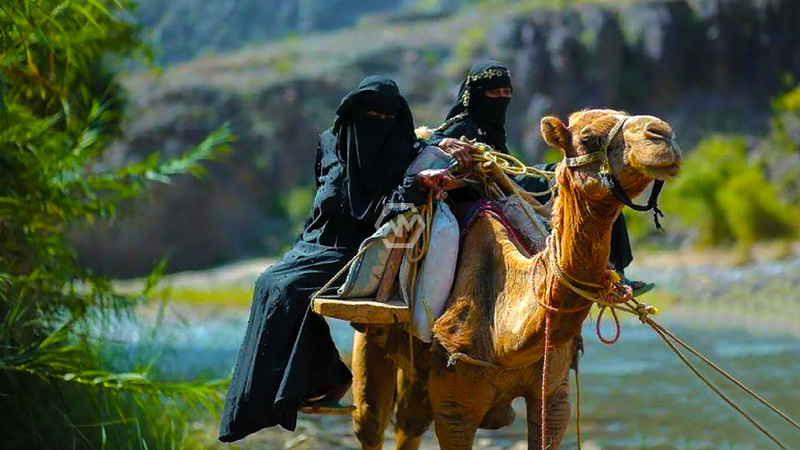Mona, 19, and her husband made the last stage of their journey on camels or foot to the Bani Saad hospital in the Mahweet district of northwest Yemen. Mona worried for her safety and the well-being of her unborn child because the voyage was mentally and physically taxing.
Due to the eight-year conflict between pro-government forces and the rebel Houthi movement, which is supported by Iran, the roads to the hospital are congested, some of which are blocked, and others are limited.
Seven Hours Ride
Salma Abdu, 33, who was traveling with a pregnant woman, came across a pregnant woman who had passed away at night. Salma is pleading with people to show mercy to mothers and children since in Yemen, a woman dies during childbirth from preventable causes every two hours.
Two-fifths of Yemen’s population lives more than an hour away from the closest fully operational public hospital, according to the UNFPA, which also noted that the country’s healthcare sector was already having trouble before the war.
- Mona and her husband made a difficult journey to a hospital.
- Salma Abdu is pleading for mercy to mothers and children in Yemen.
- Hailah and the baby girl were spared due to a lack of international support.
Roads and hospitals have suffered extensive damage as a result, making it difficult for families to commute. In Yemen, where owning a car is out of the price range of the majority of the population, Hailah’s story is only one of many similar examples of the hardships experienced by expectant moms.
Early in her pregnancy, she was advised to avoid giving birth at home because of the possibility of heavy bleeding and other pregnancy issues.
According to the health center doctor, Hailah and the child were reportedly spared at the last minute. Hailah gave the baby girl the Arabic name Amal, which means “hope” in English.
As international support for institutions like the Bani Saad Hospital disappears, staff members are forced to decide whom they can save first to survive.



